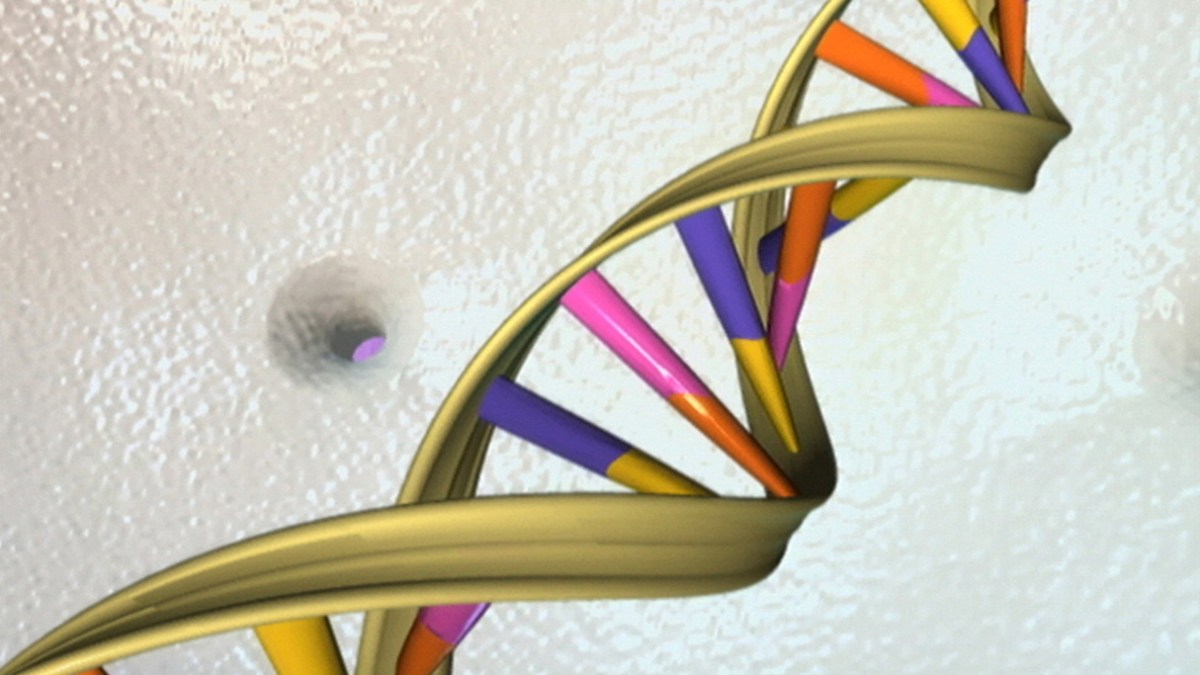By Ryan Shen
Dear Asian-American parents,
It’s no secret that Asian American immigrants are stereotyped as “tiger parents.” As a son of two Chinese immigrants and a junior student at Mission San Jose High School, which has a nearly 90% Asian student base, I know that this reputation can be quite fitting — and I’m urging a change from it.
Many Asian immigrants like you moved overseas during the late 1900s as the world globalized, and many of you now have successful careers and are parents to children born or raised for most of their life in America. Most of you place an enormous emphasis on education, with over six in ten of you arriving in the US with a bachelor’s degree.
Whether it was the Chinese Gaokao, the Japanese EJU, the Indian JEE, or the Korean Suneung, you very likely went through some form of rigorous final exam requiring total dedication to academia in your mother country. The exam determines your position on the social ladder, and your result in it likely helped play a large role in why you chose to immigrate here.
And here in the United States, that test-centric line of thinking lines up perfectly with the promise of the American Dream — the promise of equality of opportunity, where hard work makes all the difference. From here, a story I’ve seen countless times among my peers plays out.
The second-generational immigrant child is born and receives an iron commitment to academia from birth, signs up for every advanced test or competition possible, and studies religiously for standardized exams in middle and high school so they can enter a strong college, so your child would follow your footpaths to a high-paying, professional career.
The problem with this line of thinking is that it stems from your youth in the 20th century and your education in Asia, and 2023 America isn’t late 1900s Asia. And while you espouse the importance of education, we Asian American high schoolers often take a somewhat different attitude towards our schooling, even if we respect how you yourself got to where you are now.
A study by Vanderbilt found that just one week after a test, students remembered only up to 60% of what they had studied. In many of the AP classes I take at my academically competitive high school, I find it exceptionally rare that we remember more than thirty percent of any multiple choice test’s content a week after the test, even for some of the students I know with the highest grades. Part of the reason is that the rapid pace of the curriculum encourages students to forget what they’ve just learned for the next unit, but another part is because the students quite frankly don’t care about what they’re learning, and only see the test as some annoying obstacle to achieve an A on their transcript.
I’ve seen innumerable amounts of study guides printed and flashcards organized the night before a test be tossed in the trash the afternoon following it; or for the more far-sighted students, tossed in the corner of the house to be dug up the week before finals. I’ve seen how the Internet and its exceedingly accessible trove of information has made academia in the United States a series of short-term hurdles, prompting the average Asian student to adopt even shorter-term measures to overcome them.
This style of learning has sufficed for the first twenty years of the 21st century, but its inadequacies are beginning to show as we move further into the 2020s. A few years ago, many colleges around the US became “test-blind” to standardized tests like the SAT or ACT.
A few months ago, ChatGPT took the world by storm, with administrations everywhere fretting about how students are trivializing aspects of school. And just a few weeks ago, GPT-4 came out, an AI that is so sophisticated that it lands on the 90th percentile of SAT scores.
The problem that I see coming for Asian parents like you isn’t with these new technologies — it’s with the mindsets of the old that are incompatible with them. No one is going to sneak a GPT-4 bot into an SAT test room to do the test for them, but the colleges that still accept SAT scores are quickly realizing that what an SAT score offers from a student is totally irrelevant when a bot can do just the same, with greater consistency. What use is measuring a high schooler’s ability to contribute to society by having them memorize the Gettysburg Address or the lines in Walt Whitman’s Leaves of Grass, when ChatGPT can recite both and render them in the form of a Shakespearean sonnet?
The one weakness that these new AI programs have is that they only compile information incredibly quickly from the internet into an impressive package — they don’t yet think, and so the world which we are moving into is one where we must think. The mentality of worshipping the test that worked for your generation is instead going to hurt our generation irreparably in the future, because it only trains us to seek the highest grade, the flashiest award possible, with the least possible effort, which will spell disaster for them when we have to use critical thinking and not just memorization of tests for our jobs.
When American colleges recognized the inherent flaws within standardized testing and stopped rating applicants on SAT and ACT test scores, many Asian parents opposed this change, arguing that it removed an “objective and transparent measure” for academic ability. Regardless of the debate over whether they actually are objective tests, I think the real reason why you oppose the shift to test-blind is because it contradicts the values you’ve grown up with, in a world where the standardized test is the ultimate indicator of success. But that is a world of the past, one without the technological capabilities and societal requirements that we have today.
The discourse behind ChatGPT has all but confirmed the thoughts I’ve listed here. I’ve seen many Asian American parents like you, rather than asking themselves why ChatGPT is so conveniently able to replace the work of their students in getting a good grade, being instead more concerned with how they can get rid of it—evidently, an exhibition of their latent desire to return their children’s world to the late 20th century, one which they are familiar with, one in which the exam is sacred, where brute force memorization of academia is its rituals, where heretics like the Internet and AI do not challenge its roles.
The sacrifice, evidently, would appear to be the upcoming generation of Asian American students, who gleefully replace their homework time with ChatGPT—and soon, ChatGPT shall replace their careers.
AsAmNews is incorporated in the state of California as Asian American Media, Inc, a non-profit with 501c3 status. We are currently funded by our readers and the California Library Commission’s Stop The Hate program under the State Dept of Social Services. See their funded resources for direct, prevention and intervention services here. Find additional content from AsAmNews on Instagram , Twitter, Tiktok and Facebook. Please consider interning, joining our staff, or submitting a story, or making a tax-deductible donation.
Related
Adblock test (Why?)
"asian" - Google News
March 28, 2023 at 10:21PM
https://ift.tt/cxLvgmR
An open letter to Asian American parents from a high school junior – AsAmNews - AsAmNews
"asian" - Google News
https://ift.tt/qgbp8U6
Shoes Man Tutorial
Pos News Update
Meme Update
Korean Entertainment News
Japan News Update

/cloudfront-us-east-2.images.arcpublishing.com/reuters/H3NFM5EQBRIVNGAREZACU6XADY.jpg)








